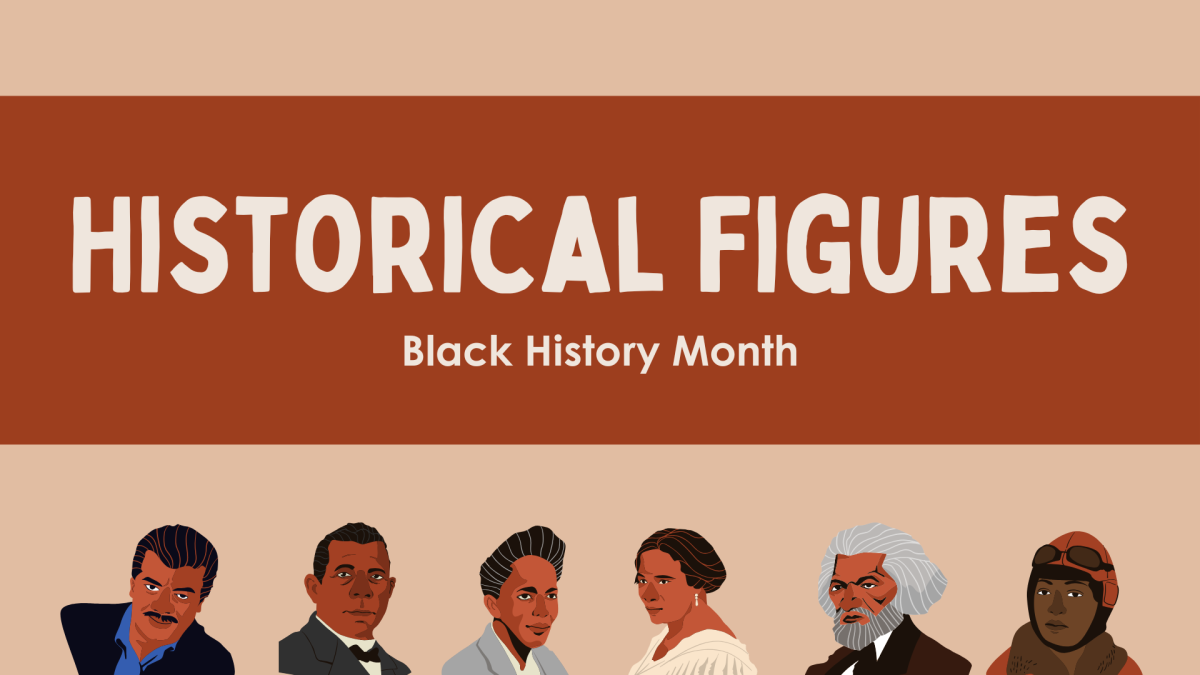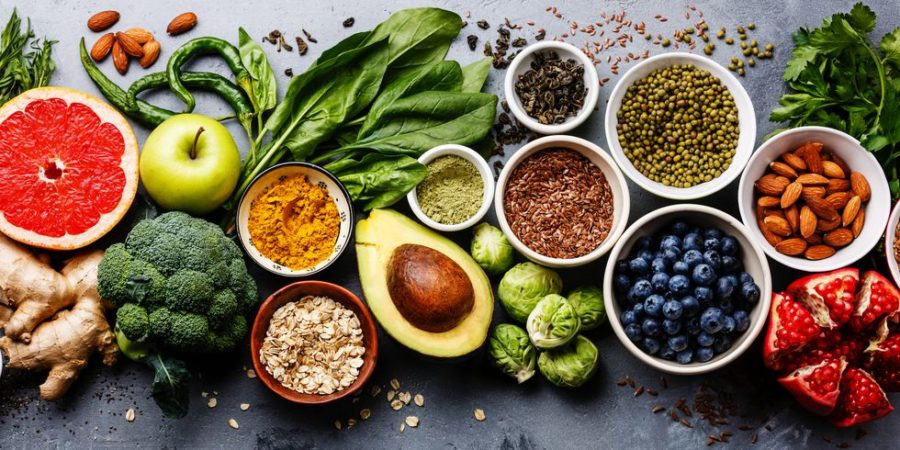The Advantages Of A Plant-Based Lifestyle
March 16, 2022
The best thing someone can do for themself, the environment, and animals is to eat plant-based food or go vegetarian. A vegetarian is a person who chooses not to eat meat for health, moral, or religious reasons. You may have noticed the increased availability of plant-based foods in Warrenton. Whether it’s Chipotle’s new plant-based chorizo or the vegetarian freezer section in Walmart, the change is taking place. But why are plant-based options suddenly becoming more regularly available? The truth is, there are many perks to a plant-based diet and people are figuring that out.
The first advantage being that a plant-based diet can decrease the chances of cardiovascular disease. A study conducted by John Hopkins Bloomberg School of Public Health found that people who ate the most plant-based foods had a 16% lower chance of cardiovascular disease and a 32% lower risk of dying from cardiovascular disease. Completely eliminating meat does not have to be done in order for these results to take place. But the more meat consumption is minimized, the greater the results. Mariell Jessup M.D., chief science and medical officer of the American Heart Association says “The American Heart Association recommends eating a mostly plant-based diet, provided the foods you choose are rich in nutrition and low in added sugars, sodium (salt), cholesterol, and artery-clogging saturated and trans fats.” So, unprocessed foods are the best choices.
Eating plant-based foods can also help you maintain a healthy weight. Katherine Zeratsky, a specialty editor for Mayo Clinic, wrote, “Adults and children who follow a vegetarian diet are generally leaner than those who follow a nonvegetarian diet. This may be because a vegetarian diet typically emphasizes more fruits and vegetables and includes whole grains and plant-based proteins—foods that are more filling, less calorie dense, and lower in fat.” A steady weight can be the case as long as nutritious choices are still being made. After all, vegetarianism is a lifestyle choice and not a weight loss diet.
Eating plant-based foods can benefit you, but can also benefit the environment. Global warming is the Earth’s biggest issue and changing your diet can help cut down on those effects. According to New York Times columnist Ezra Klein, “About a quarter of global greenhouse gas emissions are traceable to the food supply chain. Animal agriculture accounts for about three-quarters of those emissions”. If we lower the demand for animal products we can tackle this together. But isn’t soy production a big contributor to global warming? According to Dr. Max Roser of Oxford University, more than 77% of global soy is fed to livestock and only 7% is used for human food such as tofu and soy milk. Overall, the animal agriculture industry causes more pollution than plant agriculture.
To conclude, plant-based diets are beneficial and there are facts to support them. Maybe you don’t want or need to improve your health but the environment always needs your help. Once people understand the consequences of the meat industry, it’s hard not to think twice when biting into a burger. Ultimately, the benefits of a plant-based diet exceed the cons.























